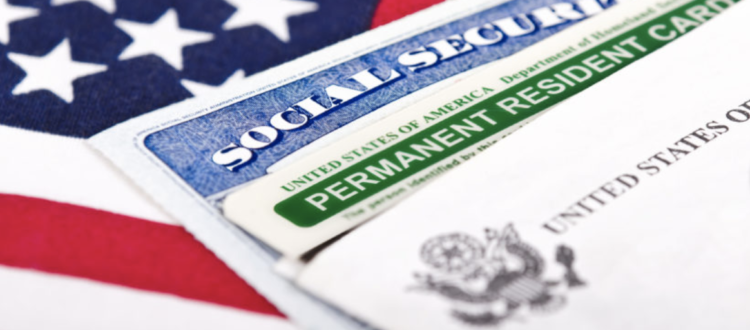14
Aug
Trump Administration Tightens Self-Sufficiency Rule for Legal Immigrants
Published on August 14th, 2019
In 1996, Congress passed two bipartisan measures that were signed into law by President Bill Clinton to prevent legal immigrants from becoming a “public charge,” or dependents of the U.S. government for welfare and social services.
The goal of the Personal Responsibility and Work Opportunity Reconciliation Act and the Illegal Immigration Reform and Immigrant Responsibility Act was to ensure non-citizens who were legally living in the United States embraced self-sufficiency instead of depending on social services.
Unfortunately, the legislation lacked specific requirements to ensure aliens in the United States did not become dependent on public benefits. Under guidance rules issued by the Clinton Administration, cash benefits were the only determining factor for “self-sufficiency.” An individual could receive other government benefits such as public housing, Medicaid, and food stamps and be considered self-sufficient.
Ken Cuccinelli, the acting director of U.S. Citizenship and Immigration Services, recently laid out the new rule issued by the Trump Administration to define “self-sufficiency” requirements for aliens.
“Under the rule, a public charge is now defined as an individual who receives one or more designated public benefits for more than 12 months in the aggregate within any 36-month period.”
“Under the rule, a public charge is now defined as an individual who receives one or more designated public benefits for more than 12 months in the aggregate within any 36-month period.”
“Public benefits are defined as federal, state, and local as well as tribal cash assistance for income maintenance and a small list of non-cash benefits. Some examples of the public benefits that are part of the role are general assistance, SSI, SNAP, most forms of Medicaid, and certain subsidized housing programs.”
Under the new rule, all benefits are taken into account when immigration officers consider the self-sufficiency of an immigrant in the United States. There are some important caveats to President Trump’s new guidance rules:
- Government assistance programs that protect children and pregnant women’s health are not considered public benefits.
- The rule will take effect starting on October 15th of this year. According to Cuccinelli, “immigration officers will consider an alien’s current and past receipt of the designated public benefits while in the United States as a negative factor when examining applications. However, receipt of certain non-cash benefits received before October 15 will not be considered as a negative factor.”
The “public-charge doctrine,” an attempt to prevent immigrants from becoming dependent on social services at the expense of taxpayers, has been part of U.S. immigration law for over a century. My organization, Californians for Population Stabilization (CAPS) believes this new ruling is a prudent way to ensure welfare benefits are preserved for the most vulnerable Americans.





